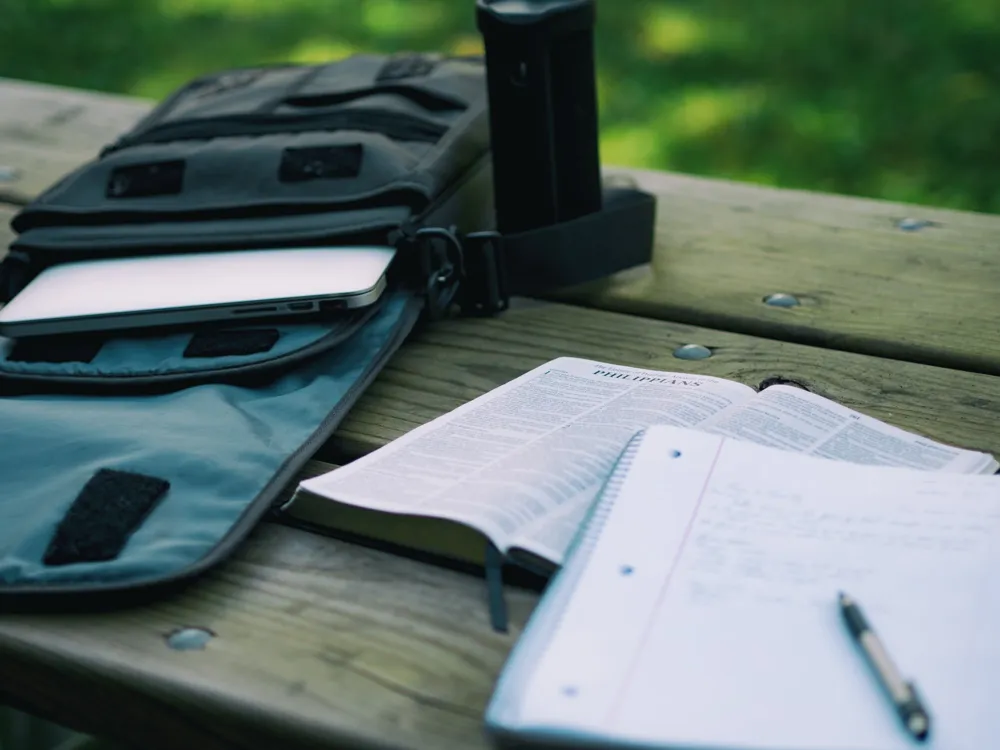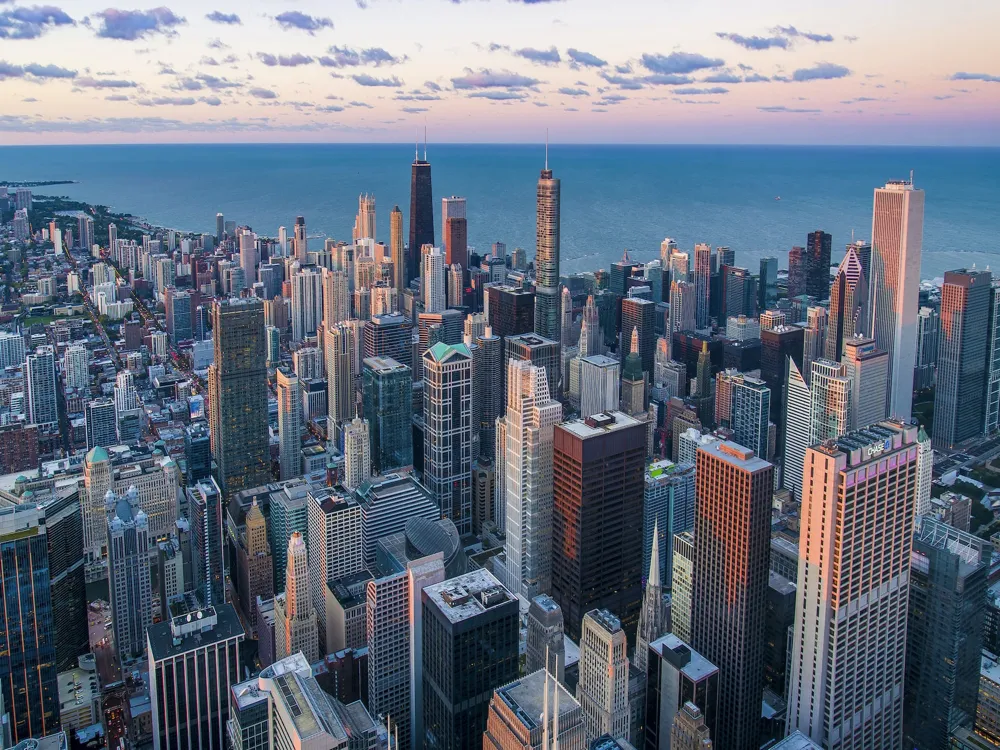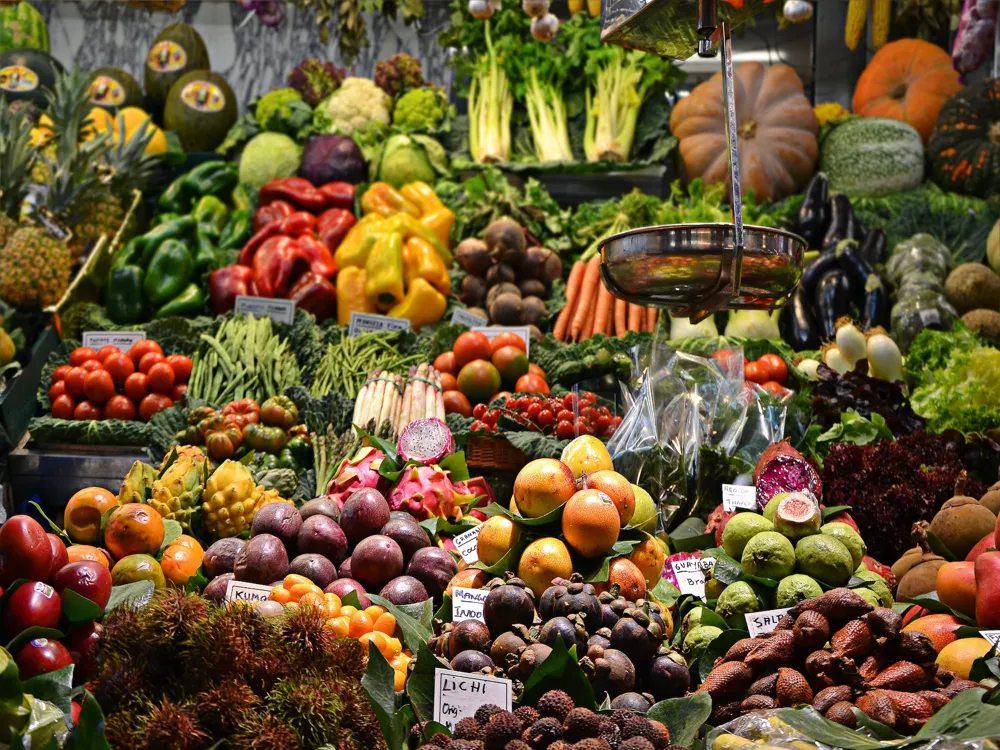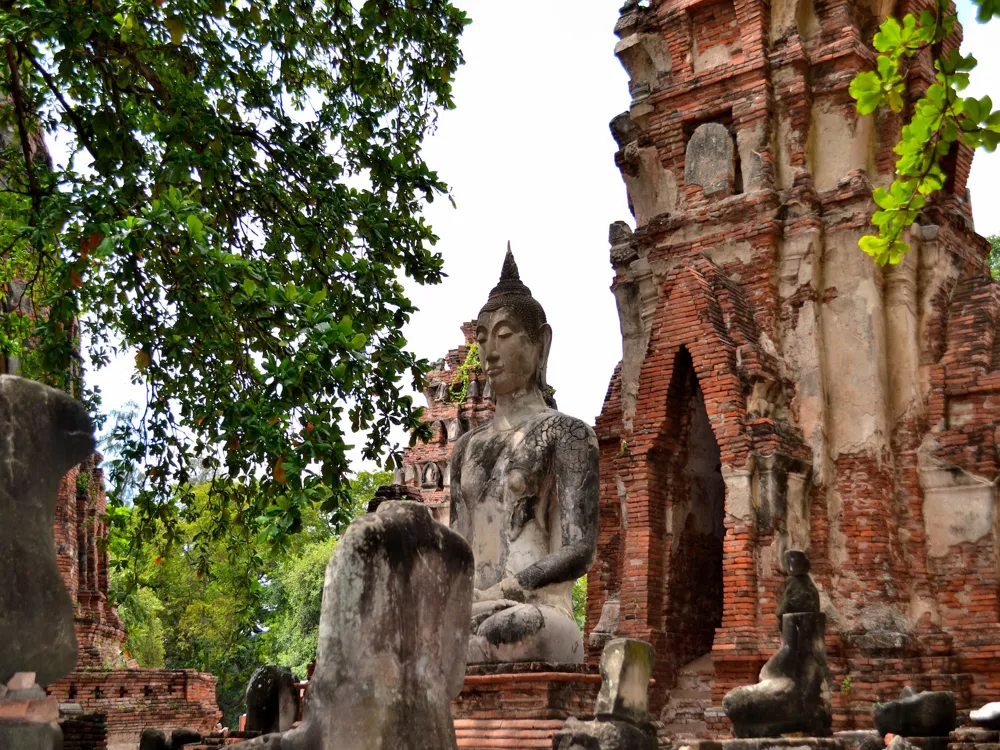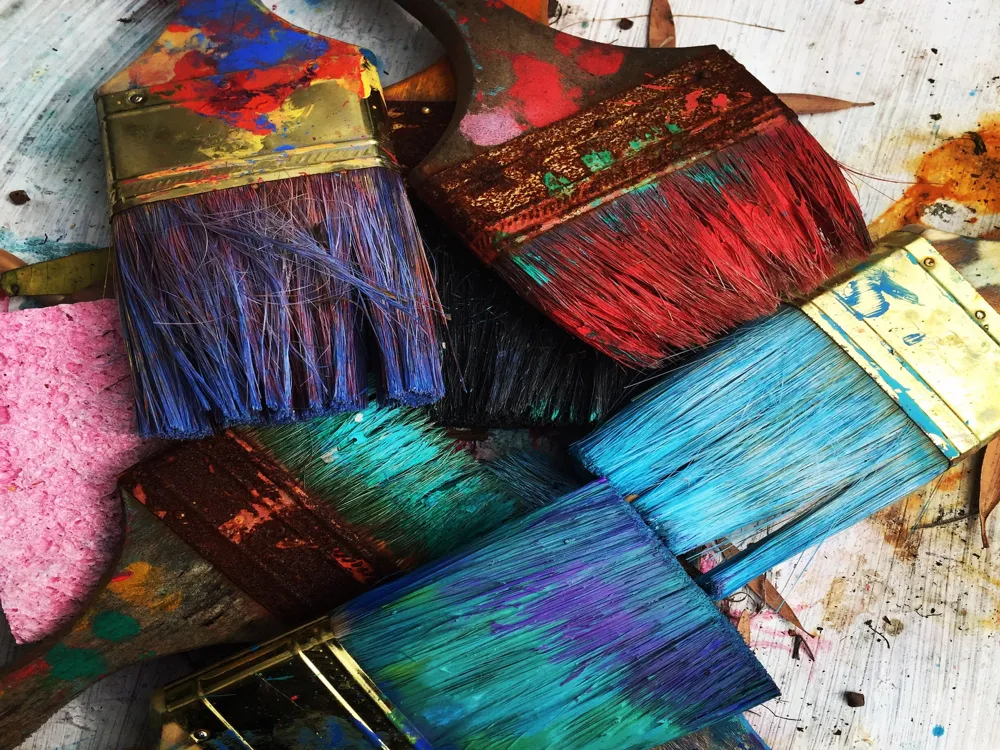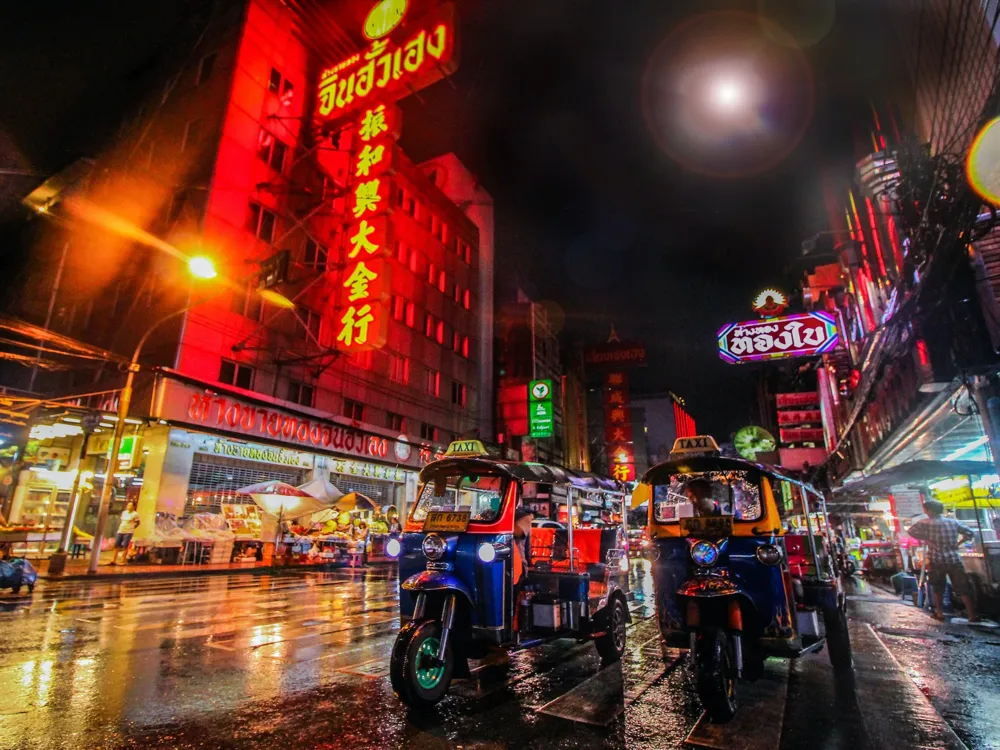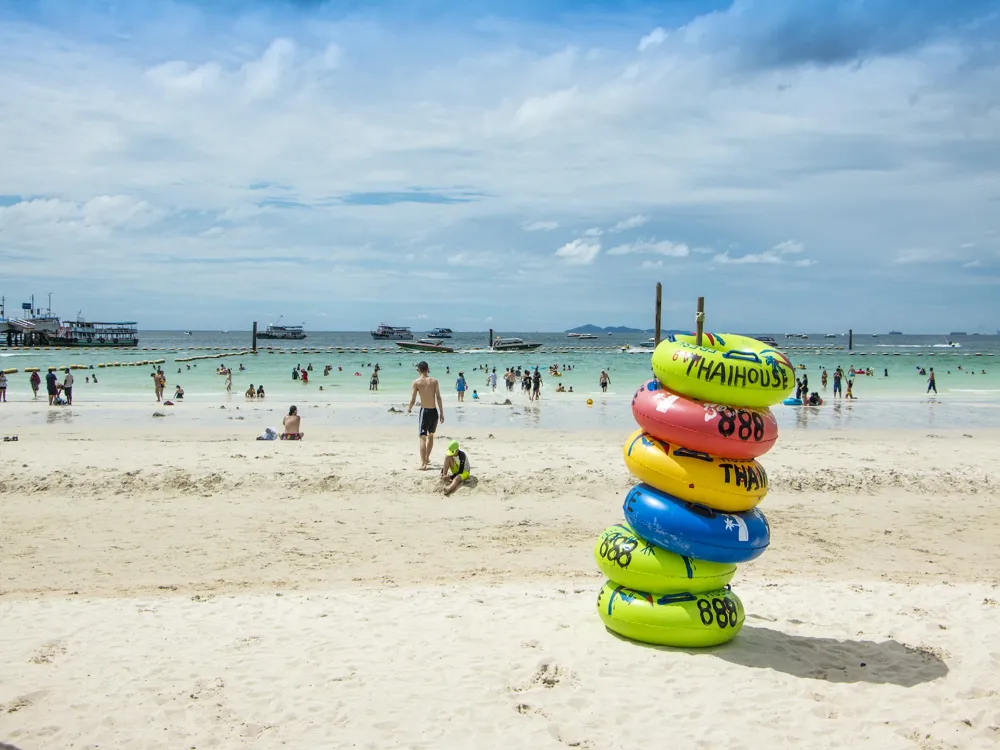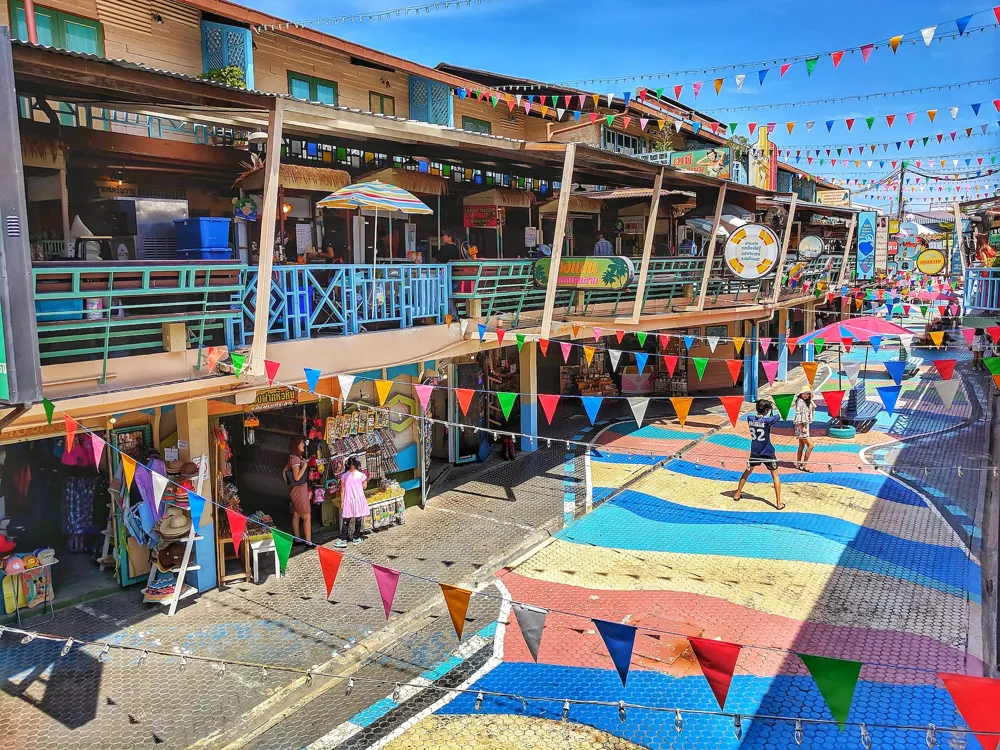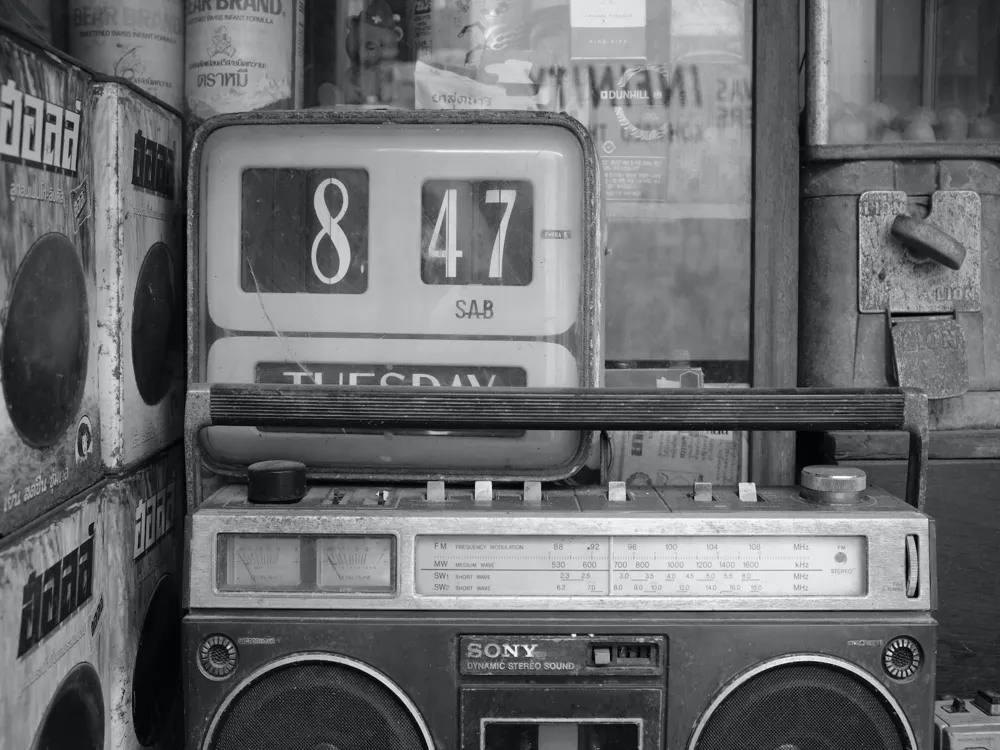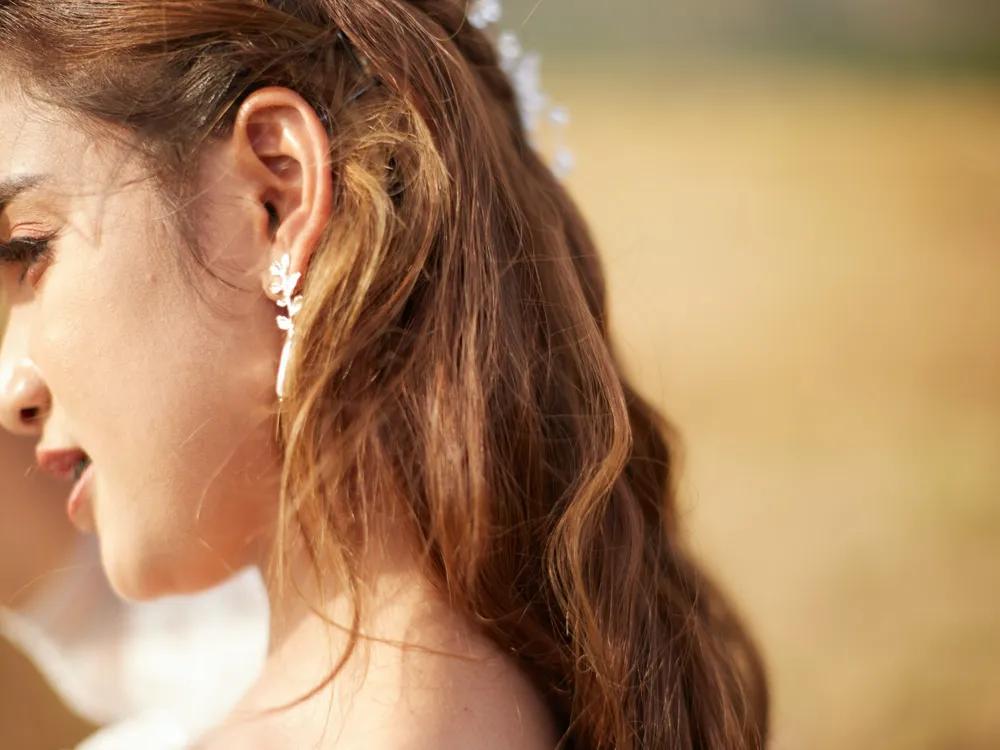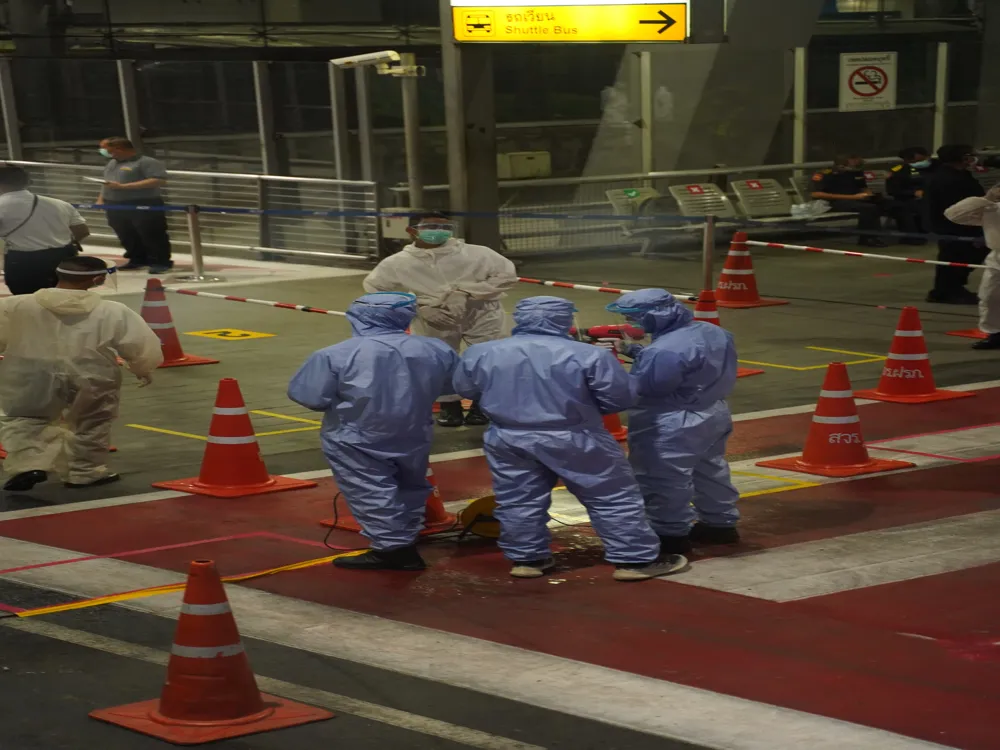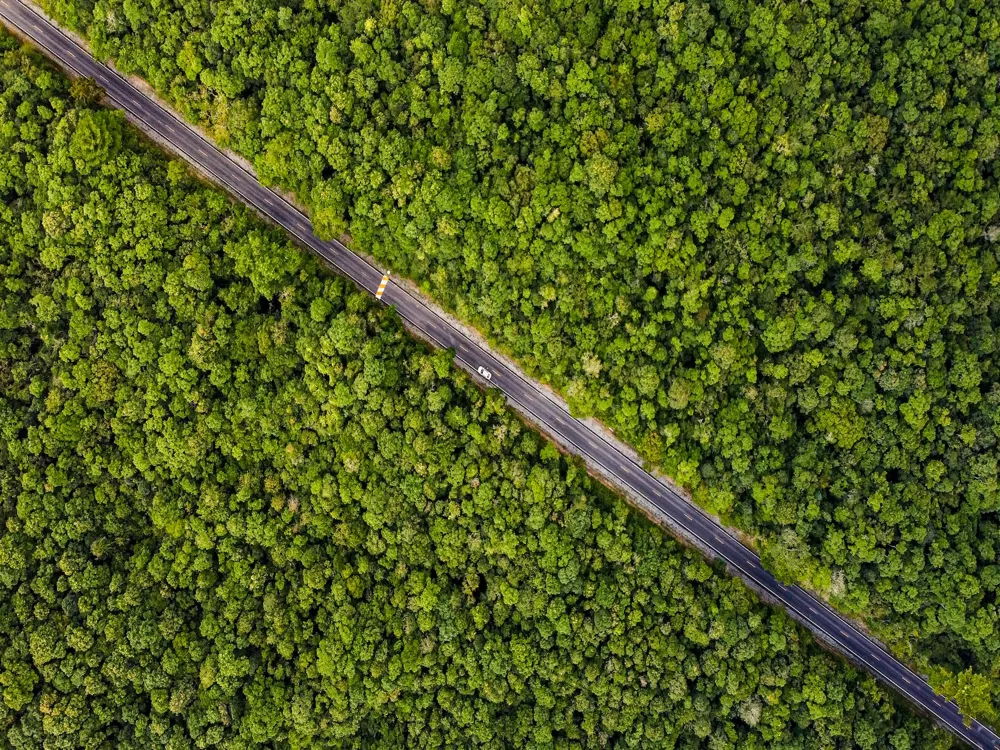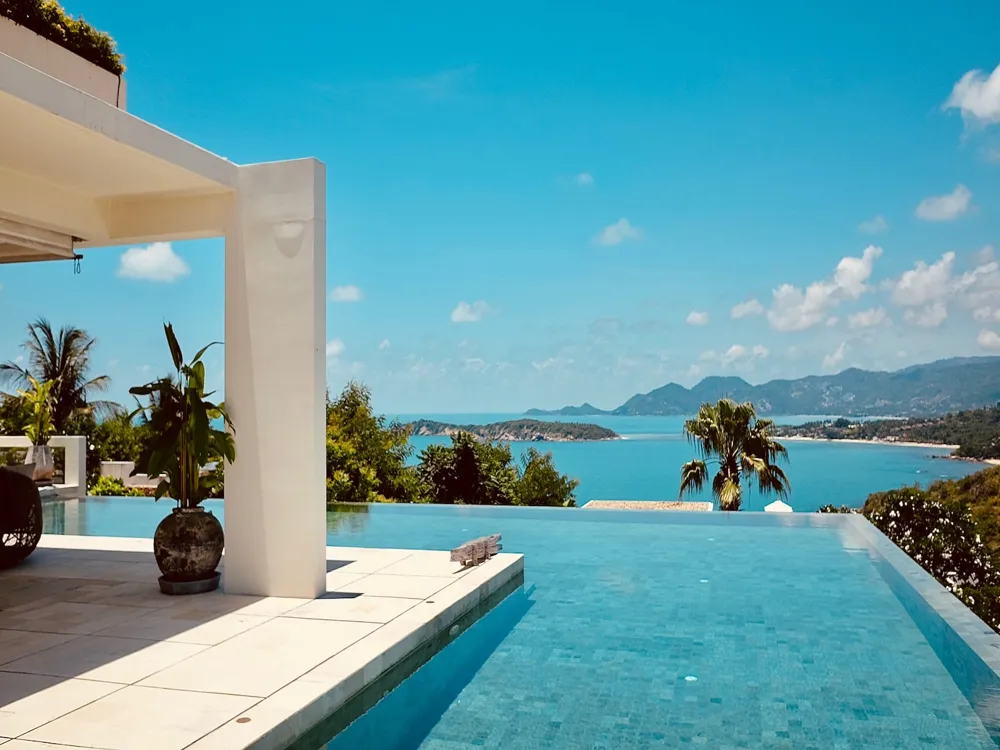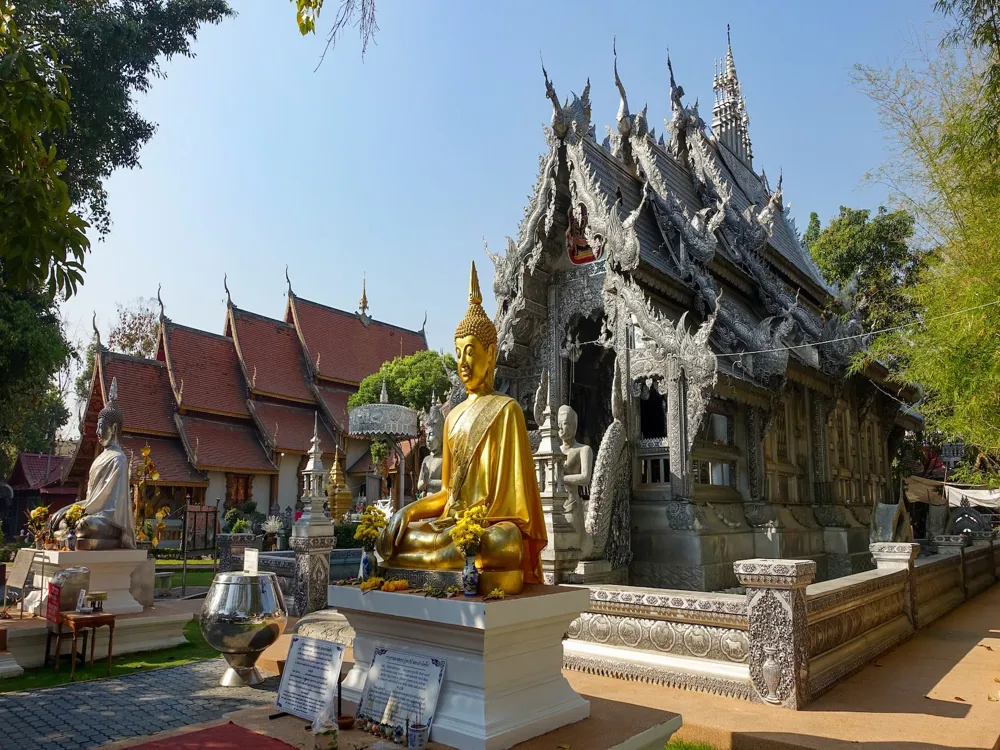Wat Chaiwatthanaram, a historical gem in Ayutthaya, Thailand, is an architectural marvel and a testament to the city's rich cultural heritage. Established in the 17th century during the reign of King Prasat Thong, this Buddhist temple complex is part of the Ayutthaya Historical Park, a UNESCO World Heritage Site. Renowned for its unique structure, the temple symbolizes the cosmic mountain Meru, central in Buddhist cosmology. It's surrounded by a moat, representing the mythical oceans surrounding Meru. The central prang (tower) is flanked by four smaller prangs, each meticulously decorated with stucco figures depicting scenes from the life of Buddha. The complex's layout follows the typical Khmer style of temple construction, showcasing the influence of the Khmer Empire on Ayutthaya's architecture and culture. Visitors to Wat Chaiwatthanaram are immediately struck by the grandeur and symmetry of its layout. The central prang, standing at a height of around 35 meters, is the focal point of the complex. It is surrounded by a series of chedis (stupas) and smaller prangs, each with intricate carvings and designs. The temple's walls are adorned with fading frescoes and sculptures that narrate the Jataka tales, stories of Buddha's previous lives. These artistic elements not only serve a religious purpose but also provide insights into the social and cultural aspects of the period. The architectural design of Wat Chaiwatthanaram also indicates the cosmological beliefs of the era, with the central prang representing Mount Meru, the abode of the gods in Hindu-Buddhist mythology. The architecture of Wat Chaiwatthanaram is a splendid example of the Ayutthaya style, characterized by its elaborate prangs and monumental proportions. The central prang, the most prominent feature of the temple, is a representation of Mount Meru. Its base is surrounded by eight chedis, symbolizing the eight directions of the compass, with the central prang aligning with the cardinal points. The prangs are adorned with intricate stucco decorations that depict various deities, animals, and mythological figures from Buddhist and Hindu lore. The architectural elements of Wat Chaiwatthanaram reveal a blend of influences. The Khmer-style prangs signify the historical ties between Ayutthaya and the Khmer Empire, while elements like the lotus-bud shaped chedis and the detailed stucco work reflect the local artistic traditions of the period. The layout of the temple, with its central prang surrounded by smaller prangs and buildings, creates a sense of harmony and balance, a key feature of Ayutthaya architecture. The use of laterite and bricks in construction, typical of the period, has ensured the endurance of the structure through centuries. As a sacred site, visitors should dress respectfully, covering shoulders and knees. This shows respect for Thai culture and the religious significance of Wat Chaiwatthanaram. The best time to visit is early morning or late afternoon to avoid the heat and enjoy the temple in softer light, which is also ideal for photography. Consider taking a guided tour to gain in-depth knowledge about the temple's history, architecture, and cultural significance. Visitors are encouraged to help preserve the site by not touching the frescoes or sculptures and by disposing of waste properly. Due to the tropical climate, it's important to stay hydrated. Also, wear comfortable footwear as there's a lot of walking involved. Wat Chaiwatthanaram is accessible via various modes of transportation. Visitors can reach Ayutthaya by train, bus, or car from Bangkok, which is approximately 80 kilometers away. Once in Ayutthaya, the temple can be reached by tuk-tuk, taxi, or by renting a bicycle or a scooter, offering a more adventurous way to explore the area. Read More:Overview of Wat Chaiwatthanaram
Architecture of Wat Chaiwatthanaram
Tips When Visiting Wat Chaiwatthanaram
Dress Appropriately
Best Time to Visit
Guided Tours
Preserve the Site
Hydration and Comfort
How To Reach Wat Chaiwatthanaram
Wat Chaiwatthanaram
Ayutthaya
₹ 60,000 onwards
View ayutthaya Packages
Weather :
Tags : Buddhist Temple
Timings : 8:00 AM - 6:00 PM
Entry Fee : THB 50
Planning a Trip? Ask Your Question
Ayutthaya Travel Packages
View All Packages For Ayutthaya
Top Hotel Collections for Ayutthaya

Private Pool

Luxury Hotels

5-Star Hotels

Pet Friendly
Top Hotels Near Ayutthaya
Other Top Ranking Places In Ayutthaya
View All Places To Visit In ayutthaya
View ayutthaya Packages
Weather :
Tags : Buddhist Temple
Timings : 8:00 AM - 6:00 PM
Entry Fee : THB 50
Planning a Trip? Ask Your Question
Ayutthaya Travel Packages
View All Packages For Ayutthaya
Top Hotel Collections for Ayutthaya

Private Pool

Luxury Hotels

5-Star Hotels

Pet Friendly







